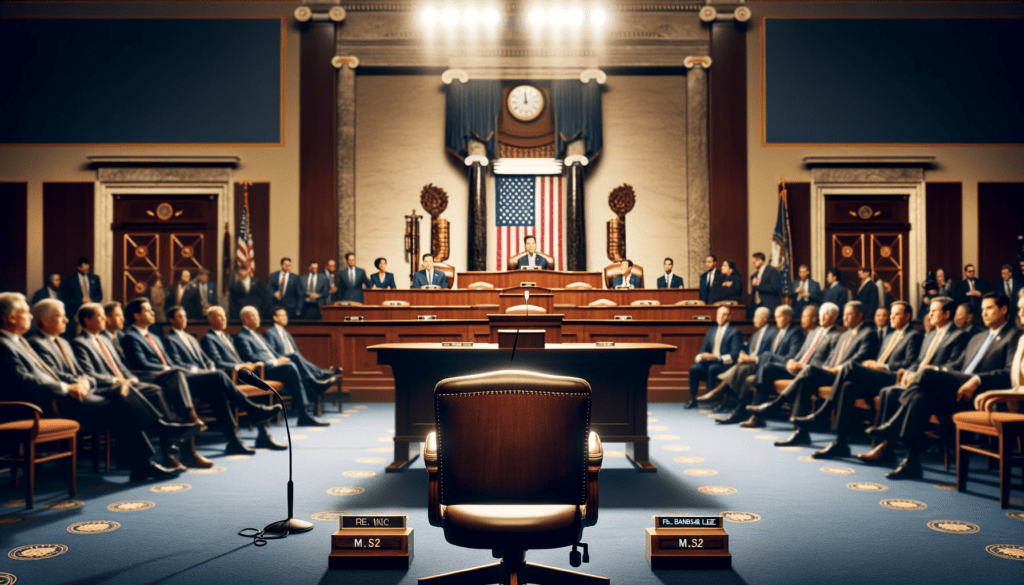
US Political Divide Escalates as Rep. Lee Removed from Cuba Hearing
By Darius Spearman (africanelements)
Support African Elements at patreon.com/africanelements and hear recent news in a single playlist, plus get early access to ad-free video content.
Washington, D.C. – A startling display of political censorship unfolded as Congresswoman Barbara Lee (D-CA) faced removal from a House Foreign Affairs Subcommittee hearing on January 18, 2024. The Republican Chair, Rep. Maria Elvira Salazar (R-FL), led this unprecedented action during a debate on U.S.-Cuba policy.
Congresswoman Lee, a vocal advocate for revising U.S.-Cuba relations, had expected to attend the hearing through a standard waiver process. However, in a rare move, the Subcommittee denied her this opportunity (Congresswoman Barbara Lee’s Official Statement).
Rep. Lee’s removal sparked outrage and concern over free speech in Congress. She condemned the act as an extreme form of suppression by the GOP. She stated, “Rep. Salazar’s censorship of my remarks today is yet another example of the extreme GOP suppressing freedom of speech and diversity of opinion” (Congresswoman Barbara Lee’s Official Statement).
In a show of solidarity, Rep. Greg Stanton (D-AZ) read Congresswoman Lee’s remarks, which highlighted the failure of punitive U.S. policies towards Cuba. Her statement read, “The Cuban people want to build a freer society. But United States policy is based on the idea that if we punish them just a little more, we will make them succeed” (Truthout).
This incident is part of a broader trend of political censorship. Recent actions against Democratic Representatives like Rashida Tlaib (D-MI) and Ilhan Omar (D-MN) for their views on Palestine exemplify this. These developments raise critical questions about political expression freedom within the U.S. government (Truthout).
The hearing and Rep. Lee’s removal illustrate the growing ideological divides in U.S. politics, especially regarding foreign policy. The response to this incident will likely influence discussions on U.S.-Cuba relations and the broader theme of political freedom in America.
About the author:
Darius Spearman is a Professor of Black Studies at San Diego City College, where he has been pursuing his love of teaching since 2007. He is the author of several books, including Between The Color Lines: A History of African Americans on the California Frontier Through 1890. You can visit Darius online at africanelements.org
